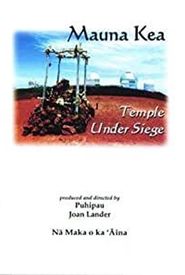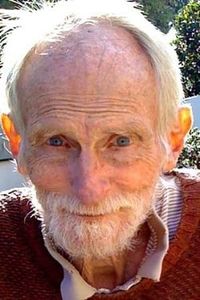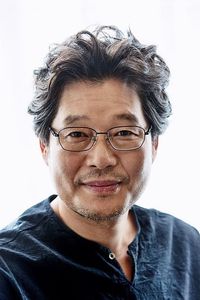Abraham "Puhipau" Ahmad, a renowned Hawaiian Kingdom patriot and documentary filmmaker, dedicated his life to educating himself, his people, and the world about Hawaiian history, sovereignty, and the profound concept of aloha 'āina.
Born in Hilo to Caroline Aku of Kealia, Kona, and Abraham Ahmad, formerly of Palestine, Puhipau's early life was marked by a strong sense of cultural identity. Raised in Keaukaha and on O'ahu, he attended the prestigious Kamehameha Schools, graduating in 1955, and was awarded a football scholarship to the University of Oregon.
Following his academic pursuits, Puhipau embarked on a decade-long career in the Merchant Marine, sailing to various destinations in South America, the North Pacific, and Asia. During this time, he raised three sons in California with his wife, Vivian Aulani (Fish) Ahmad.
After returning to Hawai'i, Puhipau found himself at the forefront of a land rights struggle at Sand Island in Honolulu Harbor. A community of Hawaiians, unable to afford the high cost of living, had established a subsistence lifestyle in an area used as a rubbish dump. They thrived off the sea, living in harmony with their ancestors in one of the most productive fisheries on O'ahu, Mokauea.
In 1980, Puhipau and others were evicted and arrested by the Department of Land and Natural Resources, an event that was documented by Victoria Keith and Jerry Rochford in "The Sand Island Story" and broadcast on PBS stations throughout the United States.
During the subsequent trials, Puhipau read Hawaii's Story by Hawaii's Queen, which deeply resonated with him. This pivotal moment sparked his determination to document the history of Hawai'i and its culture, which were under threat. With this newfound passion, he formed a video production team with Joan Lander, called Nā Maka o ka 'Āina ("The Eyes of the Land"),to share the stories of his people with the world.





















